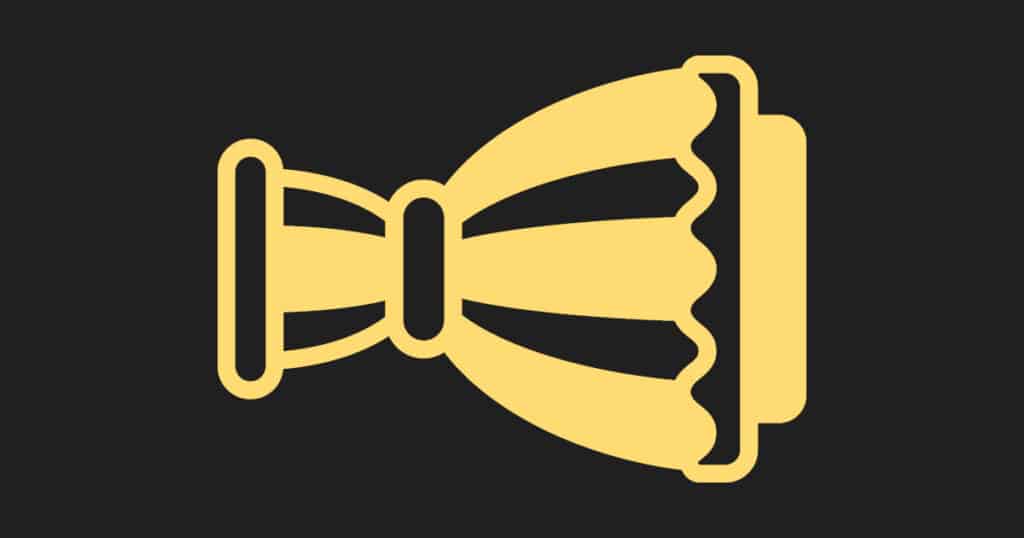The Mahabharata is a collection of hundred Parvas (or ‘sections’) that tell the story of a long-standing family feud between two sets of cousins – the Kauravas and the Pandavas – for control of the Kuru throne in Hastinapur.
The climactic event of the story is an eighteen-day war that happens between the two factions on the battlefield of Kurukshetra.
It is commonly understood that the Pandavas are the protagonists of this tale and the Kauravas the antagonists – though many retellings have appeared over the years that flip this structure.
In this post, we will summarize the Harana Harana Parva.
(For a full summary of the Mahabharata with all hundred Parvas, see Mahabharata Summary: All 100 Parvas Explained.)
Krishna Supports Arjuna
Krishna lets Balarama speak to the end, and then clears his throat.
‘You say that Arjuna has brought dishonour upon us, Brother,’ he says, ‘but you do not say how. If anything, he has enhanced the reputation of the Vrishnis.
‘By performing this act, he has made it clear that he seeks an alliance of marriage with us while simultaneously displaying his strength and valour.
‘He did not wish to leave matters to chance at a groom-choosing ceremony, so like any able-bodied Kshatriya, he performed the one act that was in his power.’
‘But I agree with you, Brother, that Arjuna needs to be overtaken and stopped. If he reaches Khandavaprastha with Subhadra, then the reputation of the Yadavas is gone.
‘So send some of your fastest riders behind him, but instead of asking them to fight Arjuna – for who can win against him in battle but Mahadeva himself? – ask them to invite him back to the kingdom.’
Subhadra Weds Arjuna
Indeed, it happens as Krishna says. Balarama sends out riders after Arjuna, who find him lolling just outside Dwaraka’s border, and invite him back into the city so that he could be united in marriage to Subhadra.
Arjuna spends a whole year in Dwaraka after the wedding, which happens to be the twelfth and last year of his exile. Soon after, he brings Subhadra to Khandavaprastha, the city of Yudhishthir.
Accompanying the couple are armies of servants and noblemen from the various Yadava tribes, with Balarama and Krishna at their head. They bring untold wealth with them as Subhadra’s dower.
Draupadi’s Anger
When Arjuna first meets Draupadi on his return, the latter reacts with anger and jealousy. ‘Why have you come here, O son of Kunti?’ she asks. ‘Go where the Satwata princess is.’
But Arjuna pacifies her repeatedly and asks for her forgiveness. He goes to Subhadra and asks her to shed all her royal finery. Subhadra dons the guise of a cowherd woman and arrives at Draupadi’s quarters.
She worships Draupadi and proclaims, ‘I am your maid!’
With her humility and good sense, Subhadra wins over the affections of both Kunti and Draupadi. From then on, the Pandavas begin to live very happily in Khandavaprastha.
Sons of the Pandavas
After the return of Arjuna to Indraprastha, Krishna becomes more of a regular visitor to the court of Yudhishthir. In due course, Subhadra gives birth to a son named Abhimanyu.
Draupadi also gives birth to five sons by her five husbands. The details of their names are as follows:
- Yudhishthir’s son is named Prativindhya, in the hope that he will bear all the weapons hurled at him by foes with the strength of the great Vindhya Mountains.
- Bhimasena’s son is born after the Pandava performs a thousand soma sacrifices, so he gets the name Sutasoma.
- Since Arjuna sires a son after returning from exile, a period during which he performed many valorous deeds, the child is named Srutakarma.
- Nakula names his son Satanika after a renowned past sage born in the Kuru line.
- The son born to Sahadeva enters the world under the constellation of Krittika, so he is named after the general of the celestials, Srutasena (also called Kartikeya).
The required childhood and early-youth rituals of the six boys are performed with adequate pomp and show. The Harana Harana Parva ends on this happy note, with the Pandavas ruling over Indraprastha with great joy.
We move next into the Khandava Daha Parva.
